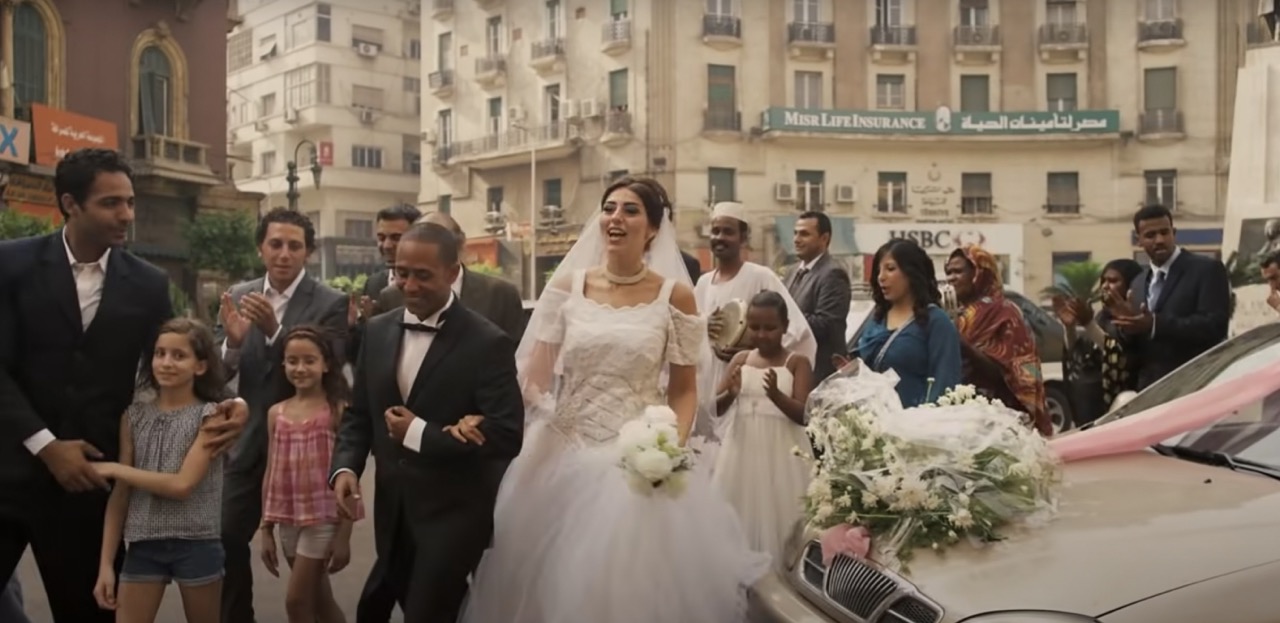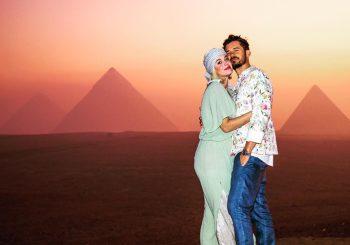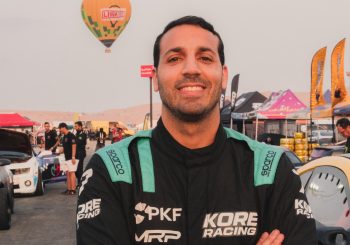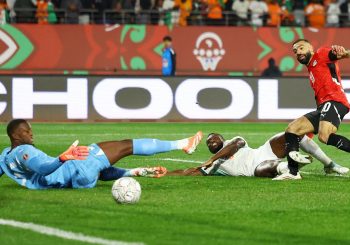When the Mobinil ad Dayman Ma’a Ba’ad (Always Together) aired in 2012, it achieved unprecedented success. Themes of community, sharing and unity quickly became a sensation in Egyptian TV marketing, transforming the industry and inspiring other companies to follow suit.
To this day, Orange, the rebranded identity of Mobinil since 2016, remains committed to its community-focused marketing campaigns, annually releasing songs, often during the month of Ramadan, that echo this enduring theme.
In an era where many communications companies emphasize fast internet speeds, connectivity for professional relationships, or an array of offers and services, Mobinil, or Orange, chose a different path.
Many have consistently pondered the meaning behind these emotionally charged advertisements. Every year, in the lead-up to Ramadan, there’s a tradition among Egyptians abroad to joke about Orange dropping its ‘seasonal depression song,’ declaring they are not mentally prepared for the emotional experience and continuing to wonder why Orange persists with this tradition.
From a marketing standpoint, how could commercials emphasizing the importance of family and friends possibly impact the profitability of a communications company?
On a broader level, brands employ emotional marketing with the goal of establishing a firm presence in people’s lives and becoming an integrated part of society. In Egypt, a collectivist society that deeply cherishes its communal values, brands like Mobinil/Orange, which visibly demonstrate alignment with these values, strive to cultivate a more loyal and receptive customer base.
However, when it comes to the communications industry, this approach is especially apt. The idea is as simple as encouraging individuals to check up on each other and participate in deep conversations, whether through phone calls or video calls, rather than succumbing to the rapid realm of texting — a return to the fundamental essence of communication and the very reason smartphones came into existence.
The following is a list of Mobinil/Orange advertisements from over the years that incorporated community-centric themes:
Dayman Maa Baad (2012)
Rooted in its opening line, ‘ashan lazem nekun ma’a ba’ad’ (because we must stick together), the ad celebrates Egyptian collective bonds: the Nile delta farmers’ willingness to share both joy and adversities, the Mediterranean sailors’ endearing hospitality, the unwavering unity among the Sinai Bedouins, and other heartwarming instances of community solidarity and warmth spread across every region in Egypt.
Bahtaglak We Tehtagly (2013)
Capturing the essence of the song with the line ‘ma benna alf hala’et wasl’ (a thousand ties link us together), this ad once again explores the concept of communities embarking on life’s journey together and building bonds that turn their lives into interlocking mosaic pieces that cannot be separated.
Eftah Albak We E’rafny (2014)
This ad marks a departure from the harmonious tone of the 2012 and 2013 songs. Its message urges people to embrace openness, emphasizing the motto ‘open the doors of your heart.’ It drives home the idea that ‘I am a human just like you, and our dreams are no different.’ In fact, it provides a stark reflection of the polarized nature of Egyptian society during that period, which differed greatly from the euphoric, optimistic, and communal atmosphere portrayed in the first two ads.
Fa’el Kher (2015)
In a similar shift from describing communities to encouraging the proactive creation of communities, the 2015 commercial is centered around the notion that kindness spreads like wildfire, and by sharing gestures of goodwill, one can infuse the world with light and positivity. Motivating individuals to take initiative in performing acts of kindness, the lyrics show how even small efforts can set in motion a profound ripple effect of kindness that transcends generations.
Gary Ya Gary (2018)
This cheerful song is a heartfelt tribute to neighbors and the love-hate relationships formed between them. A single building or locality is a melting pot of people from all walks of life. Some are noisy, some are a bit irritable, some are incredibly warm-hearted, some are pet enthusiasts while others are terrified of them, and a handful put the energy in every gathering. Nevertheless, their coexistence in the same living spaces fosters a close-knit community, infusing an extra dose of warmth and unity into the spirit of Ramadan.
Sonnet El Hayah (2020)
This song marked the return of emotionally charged Orange ads by adopting the theme of sustaining connections with loved ones while they are away. The central idea here is that the natural course of life (sonnet el hayah) often leads individuals in disparate directions, yet that ‘el ghaly beyefdal ghaly’ (the precious ones remain eternally precious). The music video’s narrative revolves around families, couples, and friends who remained connected over the phone for an extended period, only to reunite in deeply emotional scenes at the end, as if time had stood still.
The Redefinition of Community in Egyptian Advertising
As this evolution is observed, the definition of the communities—or, in more sociological terms, the ‘in-groups’—highlighted and idealized in these advertisements gradually narrows.
At the outset, the definition encompasses extensive connections across different regions of Egypt. Later on, it evolves into a somewhat nebulous concept, emphasizing individuals who are similar and share common values. Subsequently, there’s a call to take action in supporting those in need, followed by a spotlight on neighbors, and eventually, on family and friends separated by physical distances.
This transformation mirrors the socio-cultural changes witnessed in Egypt over the past decade, leaving a poignant reflection on the evolving nature of connection and community in contemporary Egyptian society.
Subscribe to the Egyptian Streets’ weekly newsletter! Catch up on the latest news, arts & culture headlines, exclusive features and more stories that matter, delivered straight to your inbox by clicking here.







Comments (0)